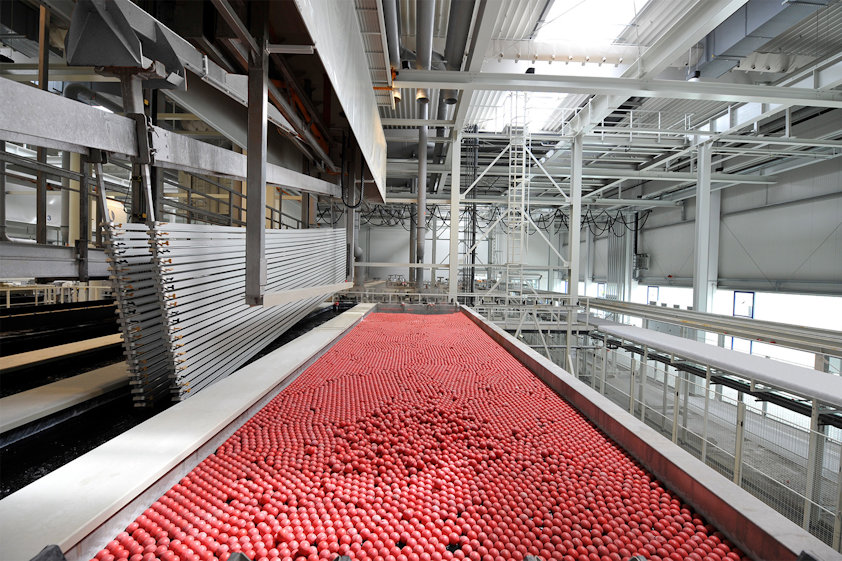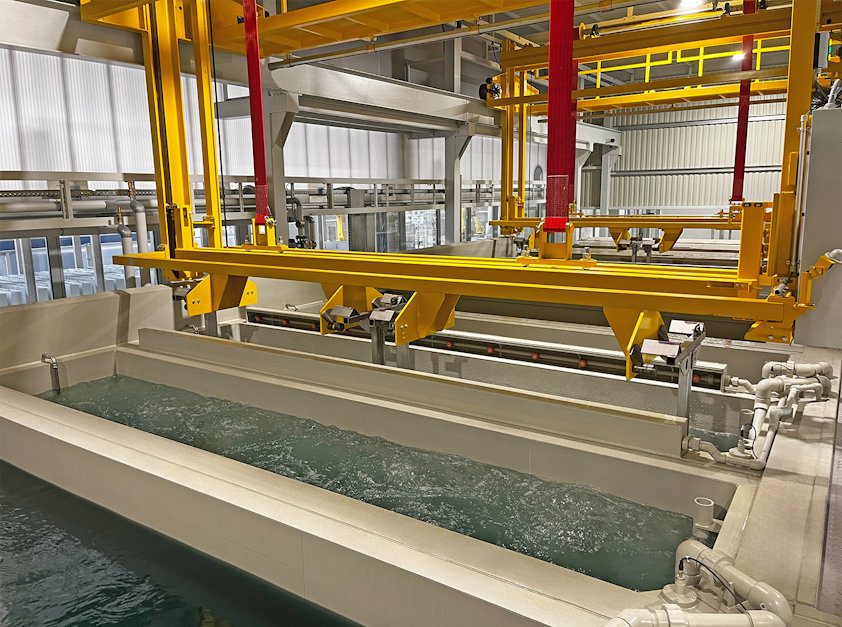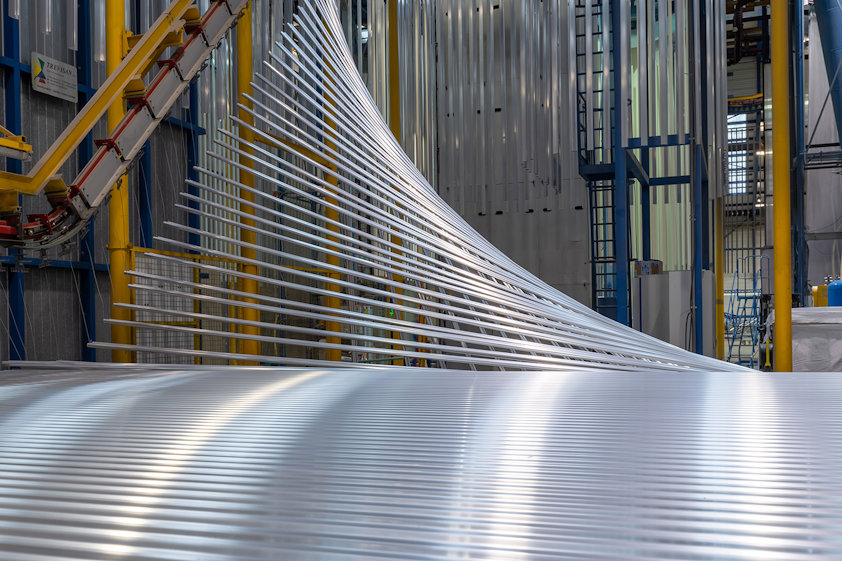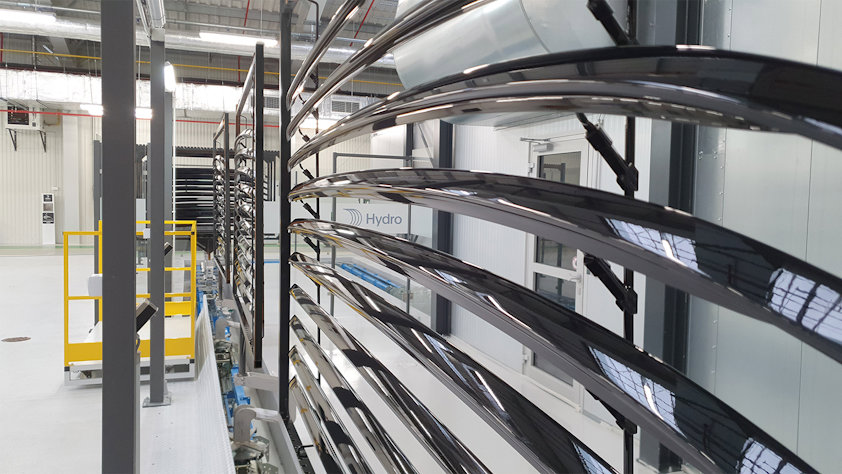Aluminium has an excellent appearance and is corrosion resistant by nature. However, in order to improve the corrosion protection and other properties of aluminium, we use various types of surface treatment. With certain methods, the following properties can be influenced:
- Color
- Hardness
- Friction
- Electrical insulation
- Surface texture
Our principally used surface treatment methods to optimize the aluminium product are anodizing, powder coating and wet painting. All three types seal and protect the extruded aluminium profile and give a wide selection of color options with varied sheen and excellent consistency. Surface treatment also often includes pre- and post-methods such as etching, polishing, blasting, grinding, wrapping and printing.
When surface treatment is required, Hydro has a range of solutions which ultimately strengthen the advantages of aluminium and provide an attractive finish. With a more durable and long-lasting product, the need for replacement is reduced. This has positive environmental implications.
Anodizing
Anodizing has a comprehensive list of benefits and is the surface treatment method we most frequently use. Our in-house anodizing lines allow for a "one-stop shop" with short lead times when purchasing your aluminium profiles and components with a quality-assured finish.
Anodizing is an electrochemical process in which the outer surface of an aluminium profile is converted into aluminium oxide, a ceramic with unique properties, which is used to create a permanent new appearance. The natural aluminium color can be maintained, but a variety of other colors are also available.
Anodizing is one of the oldest and more sustainable surface treatments of aluminium. Its main advantages are:
- Easy to recycle (cradle to cradle)
- Easy to reuse (circular economy)
- Aesthetically pleasing, providing a decorative surface with durable color and gloss
- Corrosion resistance
- Improved wear resistance
- Gives a smooth finish
- Provides surface hardness
- Adds durability and ability to recondition
- Has a reflection ability
- Provides electrical insulation
- Reduces the risk of filiform corrosion, chipping, flaking, peeling or chalking
- Provides a specific surface structure
Anodizing is used as a pre-treatment for powder coating as well, with the pre-anodization layer guaranteeing an extra-durable conversion layer for the final coating layer.

Passivation
Passivation serves as a versatile remedy that encompasses various functions. It involves chemically altering the aluminium surface to shield it from external assailants, thwarting corrosion and enhancing product longevity. It is most effective for interior components that are not directly exposed to outdoor elements. Passivation also preserves aluminium conductivity effectively.

Powder coating
During the powder coating process, a free-flowing dry powder is electrostatically applied to add color or finishing effects. It is then cured via heat treatment or UV lights. The advantages of powder coating lie in the combination matrix of color, function, gloss and corrosion properties.

Some of the key benefits of powder coating are:
- Achieving a precise color match
- Offering an extra layer of protection from corrosion, scratching and chipping
- Providing a thicker coating than alternative options
- Providing a long-lasting and durable finish
- Powder-coated surfaces have a high chemical and mechanical resistance
- Thickness can be chosen from very thin (approx. 20µm) to max. 200 µm
- Can cover some surface deviation of the base material
Wet painting
Wet painting can produce a wide range of liquid color paint and is ideal for products that demand a thin finish. Wet-blasting liquid paint is sprayed onto the surface to an even thickness of approximately 15-20 micrometers.
Common applications of wet paint include automotive exterior components with high glosses and interior parts with multiple functions, furniture and general industrial applications.

The main advantages of aluminium wet painting are:
- Gives a desirable finish
- Provides a smoother final finish
- Is heat resistant
- Offers corrosion resistance
- Is durable and offers a wide range of functional properties























